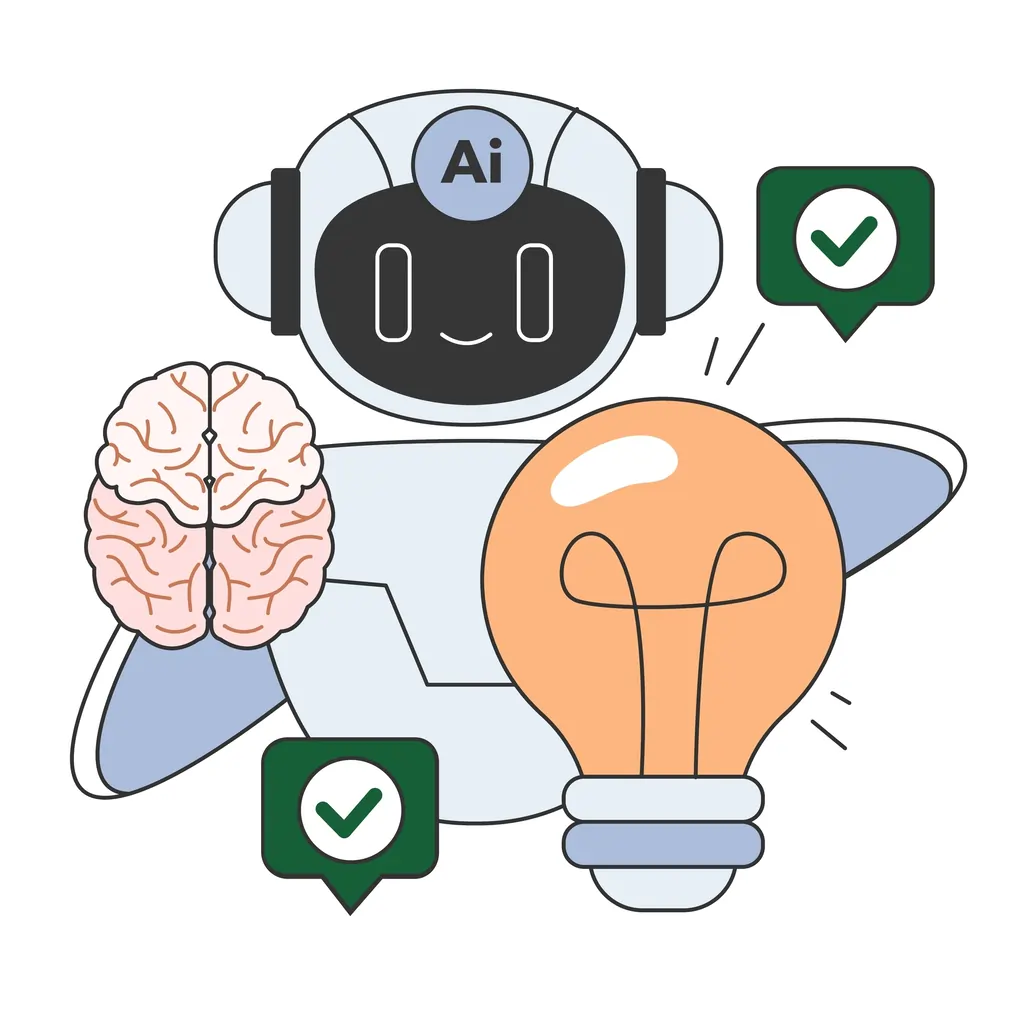
Operationalise & Industrialise AI Processes for Business Impact: A Strategic Imperative
The adoption of artificial intelligence (AI) has become a strategic imperative for businesses across the globe. While many organisations have successfully experimented with AI, achieving sustainable business impact requires the operationalisation and industrialisation of AI processes. In this article, i-invest online explore the importance of...
The adoption of artificial intelligence (AI) has become a strategic imperative for businesses across the globe. While many organisations have successfully experimented with AI, achieving sustainable business impact requires the operationalisation and industrialisation of AI processes. In this article, i-invest online explore the importance of integrating AI into everyday operations, its benefits, and how to ensure it translates into tangible business outcomes.
From Experimentation to Integration
Streamlining operations for AI is crucial for organizations looking to harness the full potential of this transformative technology. AI-driven automation can significantly enhance efficiency by taking over repetitive and time-consuming tasks, allowing human workers to focus on more strategic and creative responsibilities. Furthermore, AI can optimize processes by analyzing vast datasets to identify bottlenecks, inefficiencies, and areas for improvement. Supply chain management, for example, benefits from AI’s ability to forecast demand, manage inventory, and ensure timely deliveries. In essence, streamlining operations with AI not only saves time and reduces costs but also leads to smarter, data-driven decision-making that can ultimately drive business success and innovation.
Data governance is a critical aspect of AI implementation. It involves establishing robust policies and practices to manage data quality, integrity, security, and compliance throughout its lifecycle. In the context of AI, sound data governance ensures that the data used to train and operate AI models is accurate, reliable, and ethically sourced. It also addresses issues like data privacy, data ownership, and data transparency. Effective data governance is essential for building trust in AI systems and mitigating potential risks, including bias and privacy violations. As AI continues to play a significant role in our lives and businesses, data governance becomes a fundamental pillar for responsible and ethical AI deployment.

Optimising AI systems offers a multitude of benefits that are increasingly crucial in our data-driven world. Firstly, optimization enhances efficiency, reducing computational and operational costs by making AI algorithms more resource-efficient. This is particularly vital in applications like edge computing and IoT, where resource constraints are common. Secondly, optimisation leads to faster inference and response times, ensuring that AI systems can provide real-time insights and make rapid decisions. Thirdly, it extends the lifespan of AI-powered hardware, reducing the need for frequent upgrades. Additionally, optimised AI models are more eco-friendly, as they require less energy to operate, contributing to sustainability efforts. Overall, these benefits are multifaceted, resulting in cost savings, improved performance, and a reduced environmental footprint.

Operationalising and industrialising AI processes is not just a technological shift; it’s a strategic transformation that can have a profound impact on business outcomes. By integrating AI into everyday operations, organisations can streamline processes, make data-driven decisions, and stay ahead in the competitive landscape. While challenges exist, the rewards of successfully operationalising AI are immense, and it’s a journey that businesses cannot afford to ignore in today’s data-driven world. Those that embrace AI as an integral part of their operations are well-positioned to reap the benefits and achieve sustainable business impact.
